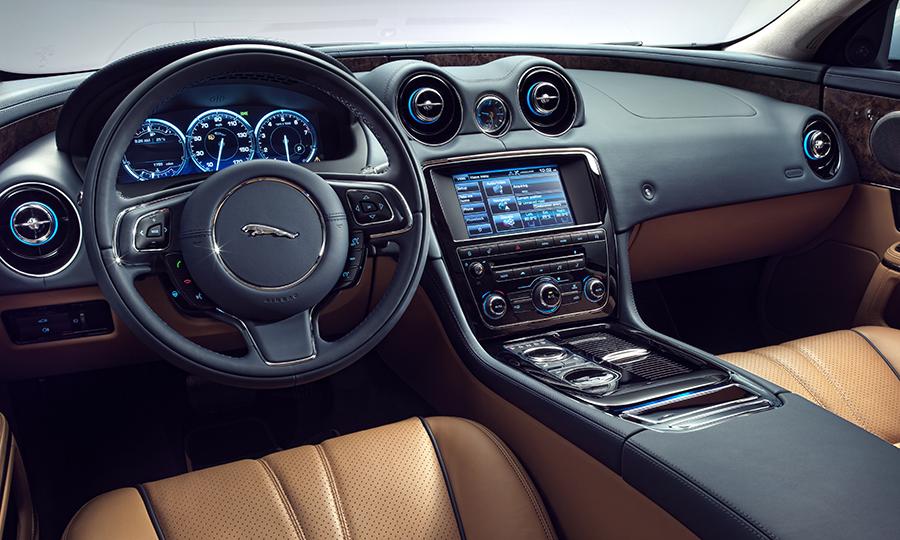Refine Results
Have Smartphones Made Built-In Navigation Systems Obsolete?
In-car navigation has come a very long way in a very short time. It wasn’t that long ago that we were marvelling at the wonderful little 8-bit machines our taxi drivers used to find their way around the city – often without success. Now most of the big tech companies like Google, Apple and Samsung are looking for ways to improve the travel experience –and put their technology in your car.
Smartphones are a central feature of modern western life and they are taking more and more of a role in supplementing that other piece of technology most of us have in common – the car. Already smart phones come pre-loaded with navi systems and real-time GPS maps. Whilst many recent vehicle models have featured built-in navigation systems in their premium packages, app-based navigation software is slowly but surely making this feature redundant.
To tackle this problem laterally, Jaguar Land Rover has introduced a new in-car tech platform called InControl. InControl lets drivers run apps from their smartphone through their car’s touchscreen, offering a neat solution for both consumers and software developers.
This approach will no doubt become a common one over the next few years as the app market continues to grow along with demand for connectivity. Tech companies across the world are racing to conquer the market for software that provides real-time traffic estimates and localised driver alert systems.
Access to real-time app data is already improving safety and convenience in cars. Several models currently on the market will call 000 and allow voice-only operation of the phone if a collision is detected. Connectivity with emergency vehicles, including location data and direct communication channels will undoubtedly save lives. In a broader scenario, an ambulance could arrive at the scene much more quickly if drivers in its path were alerted long before they heard a siren.
In-car navigation systems just cannot keep up as smartphones can fulfil their functions and offer so much more. Most consumers will refuse to pay extra for something they’ve already got in their pocket, so the standalone GPS device has quickly become an obsolete bit of gear, much like a pager.



